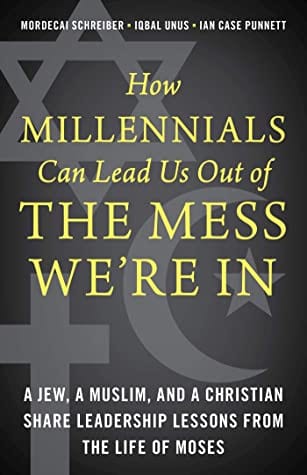Al Mohler, president of the Southern Baptist Theological Seminary and still the most prominent of Southern Baptist leaders, is known for his paradoxically refined brashness and genteel dogmatism.

He’s been in and out of headlines due to his quasi-evolving statements about homosexuality. I say “quasi” because any evolution he has actually evidenced on the matter is barely worth mentioning; or at least, if he has evolved, it has resulted in no practical payoff for LGBTQ people.
Back in 2011, Mohler said,
We’ve lied about the nature of homosexuality and have practiced what can only be described as a form of homophobia,…We’ve used the ‘choice’ language when it is clear that sexual orientation is a deep inner struggle and not merely a matter of choice.
Mohler’s statement, which was reported by Jonathan Merritt in a 2011 Christian Science Monitor piece, caused a bit of a stir in the Southern Baptist Convention. An offended pastor took up the statement as a cause and demanded that Mohler confirm or clarify his statement at the annual convention meeting. Mohler confirmed that those indeed had been his words and that they expressed his conviction. In his response, he reportedly had this to say, to the offended pastor and to the convention:
Evangelicals, thankfully, have failed to take the liberal trajectory of lying about homosexuality and its sinfulness…We know that the Bible clearly declares – not only in isolated verses but in the totality of its comprehensive presentation – the fact that homosexuality not only is not God’s best for us, as some try to say, but it is sin…But we as evangelicals have a very sad history in dealing with this issue…We have told not the truth, but we have told about half the truth. We’ve told the biblical truth, and that’s important, but we haven’t applied it in the biblical way.
We have said to people that homosexuality is just a choice. It’s clear that it’s more than a choice. That doesn’t mean it’s any less sinful, but it does mean it’s not something people can just turn on and turn off. We are not a gospel people unless we understand that only the gospel of the Lord Jesus Christ gives a homosexual person any hope of release from homosexuality.
Recently Jonathan Merritt again published a piece on Mohler, referring to “the evolution of Albert Mohler” and comparing Mohler’s shift of view (from homosexuality as a choice to homosexuality as inherited, or “more than a choice”) t0 the Copernican Revolution and to Galileo’s challenge to the Catholic dogmatic establishment! Yes, the history of theology is replete with examples of dramatic, life-shattering, worldview-smashing changes: just consider Galileo and Mohler.
I appreciate Merritt wanting to give credit where credit is due, even to “celebrate the humility and courage it takes for Mohler and others to say “I got that wrong.” And certainly the public disavowal of “reparative therapy” is a positive move. But how celebratory should we be? How dramatic is Mohler’s Copernican shift in his attitudes towards LGBTQ people?
Today, Scot Mcknight linked to an article by Andrew Wolfson which provides a preview of Mohler’s soon-to-be-released, We Cannot Be Silent:
The president of the Southern Baptist Theological Seminary says in a new book that Christians should not attend a same-sex wedding ceremony – even of their own child – because it “signals moral approval” of the union.
Writing in “We Cannot Be Silent,” R. Albert Mohler Jr. says that while it may be “excruciatingly difficult” to boycott gay weddings of friends and loved ones, “at some point attendance will involve congratulating the couple for their union. If you can’t congratulate the couple, how can you attend?”
Addressing other topics, Mohler says that even if scientists prove people are “born gay,” it would not eliminate the “sinfulness of homosexuality” because “even the natural world” is “tainted by human sin.” He also says that transgender people who are “saved” should consult with their pastors about whether to undergo surgery to return to their original gender….
So Mohler, in his latest book, is telling Christians to not attend their gay or lesbian child’s, or parent’s, or best friend’s, wedding, because to do so would be to signal moral approval rather than moral condemnation.
Where is the love, again? And where is the evolution? Or rather, does the evolution in his thinking have any practical payoff in terms of helping him (and the Christians he influences) to better love gays and lesbians? Aside from the rejection of the destructive methods of reparative therapy (now widely and roundly condemned), it appears not. Not if the end result of the evolution includes the advice that Christians not attend a same-sex wedding ceremony, simply because it might hint of an approval or acceptance.
If Mohler really wants conservative Christians to be more loving than they’ve been toward LGBTQ persons, wouldn’t a better piece of advice have been something like: Yes, attend your loved-one’s wedding, but maybe let them know in advance (if you must, to satisfy your own conscience) that you don’t necessarily approve? Or even better: Leave the judgment up to God; instead, offer a prayer, give a hug, and say, “I love you.”











